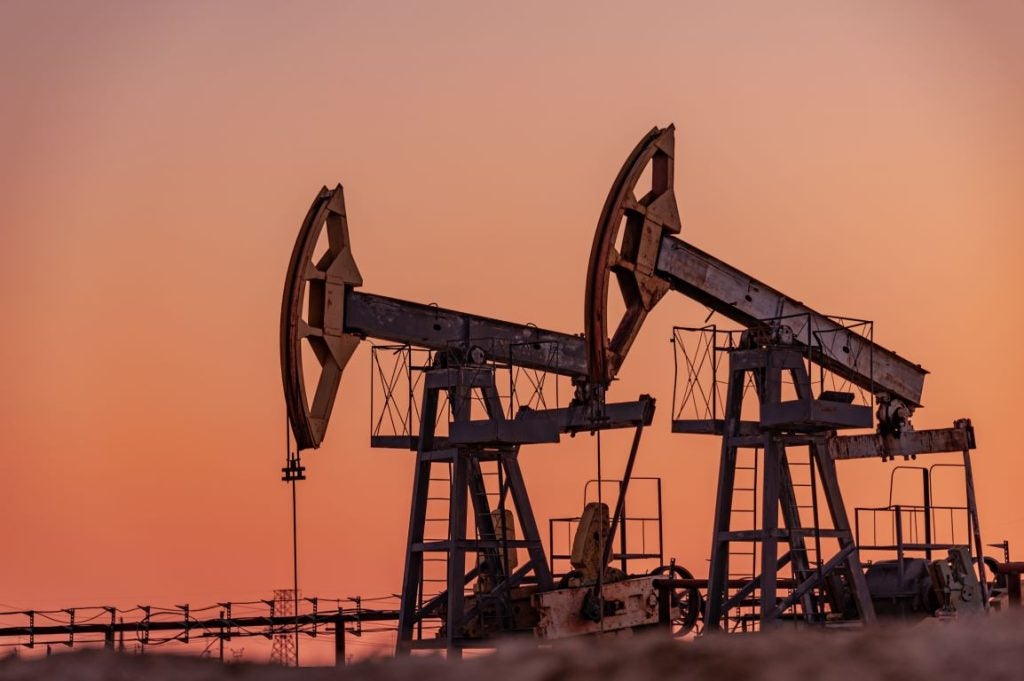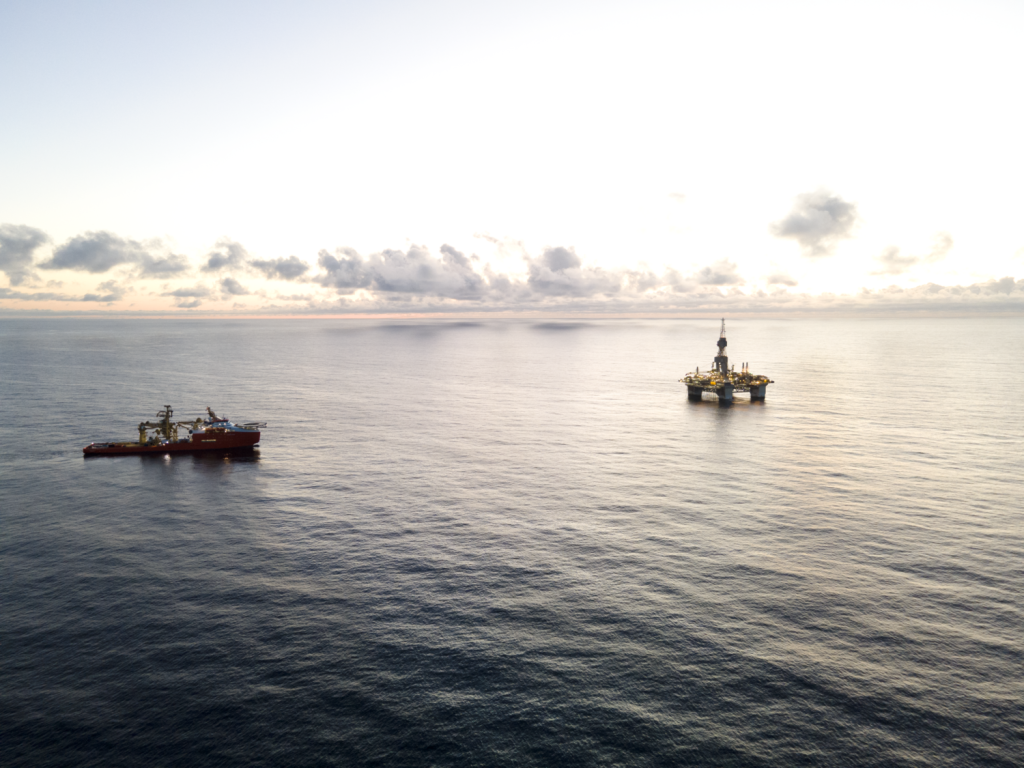Russian state-owned oil company Gazprom Neft’s second quarter results saw a fall in net profits by 43% to Rbs140.1bn ($1.5bn) due to discontinued sales.
According to Reuters, Russian companies have not disclosed many of their financial results since the invasion of Ukraine in February 2022. It said that Gazprom Neft did not publish its financial results last year.
Russian oil and gas revenue fell by 47% between January and June 2023 compared to the same period last year, GlobalData reported. The revenue fell to Rbs 3.38tn ($37.4bn) in the first half 2023.
On 3 July, Deputy Prime Minister Alexander Novak announced voluntary production cuts of 500,000 barrels of oil per day (bopd) as Russia sought to increase oil prices.
Brent crude oil increased as much as 1.6% to $76.6 per barrel after the announcement, following an announcement on voluntary output cuts of 1 million bopd for another month by Saudi Arabia.
Since the invasion of Ukraine, the Western sanctions have gradually put Russia under pressure in the energy sector, including the price caps and embargo on Russian seaborne oil.
In June 2023, revenue from natural gas fell by 54% to Rbs125.7bn, while crude and petroleum products declined by almost a tenth to Rbs402.8bn. Before the invasion, Gazprom was the largest supplier to Europe.
“Russia’s non-energy revenues are on track for growth as planned, with the potential for a small surplus by year-end, but there is a problem with energy revenues,” Russian Finance Minister Anton Siluanov said in May.
GlobalData reported that the volume of oil transferred through Russian pipelines fell 37% year-on-year in the first seven weeks of 2022. European energy costs increased by 54% in the second half of 2021, as gas prices tripled and crude oil prices reached $105 per barrel.
















